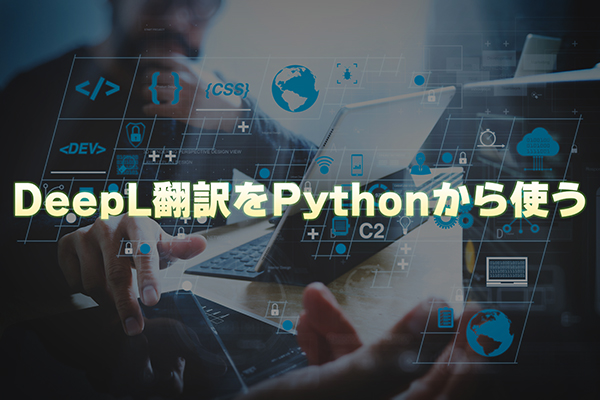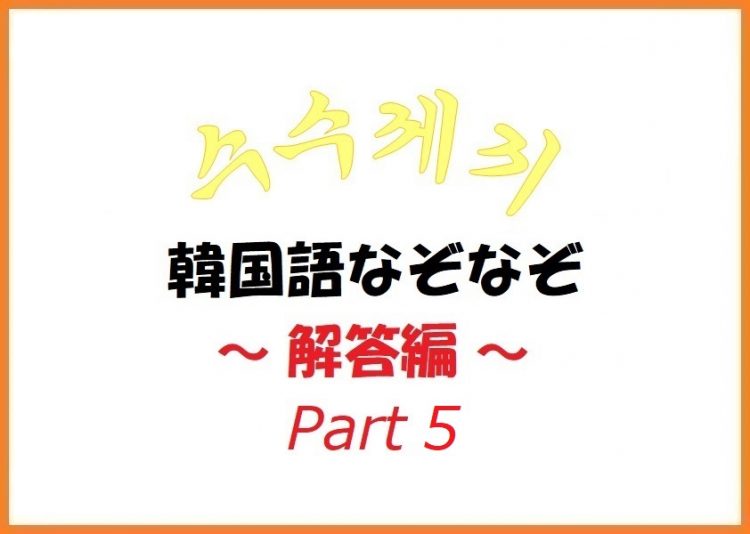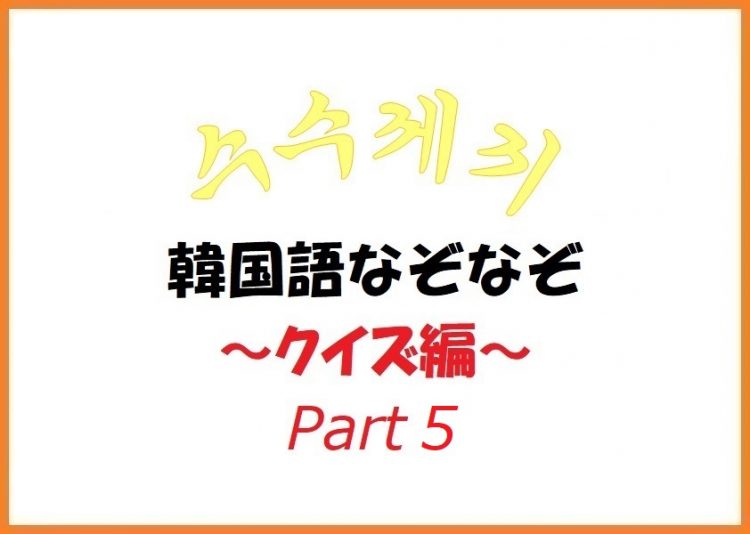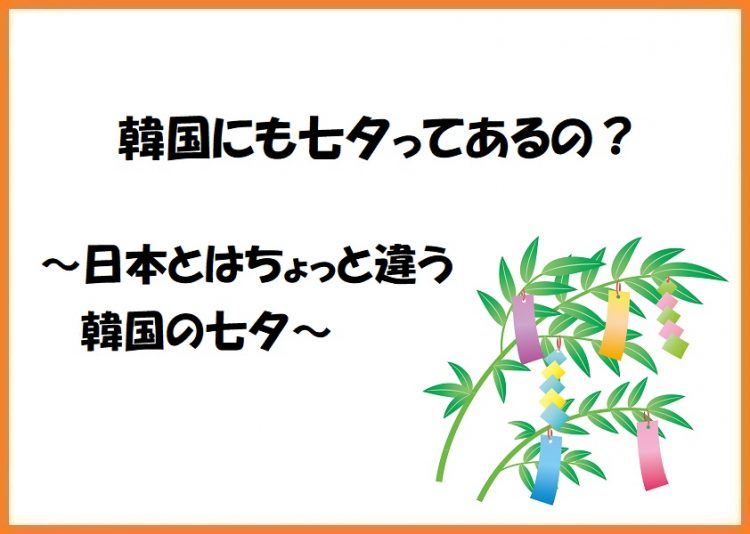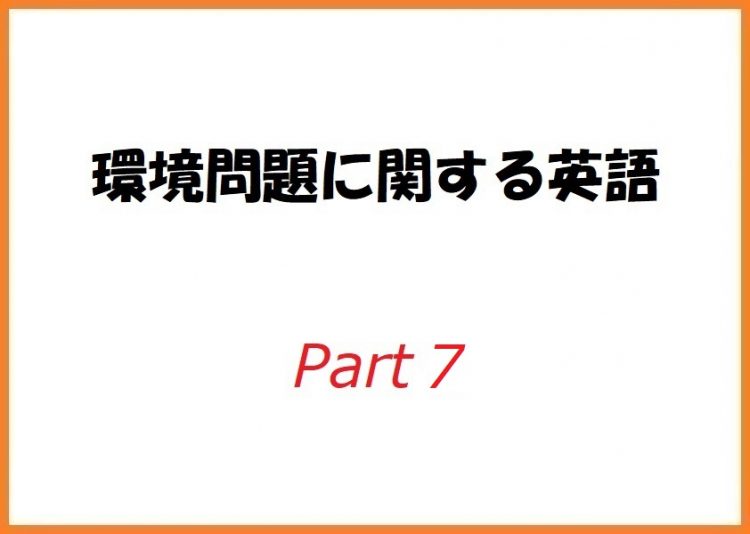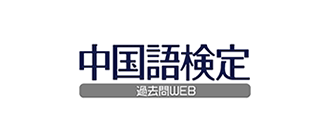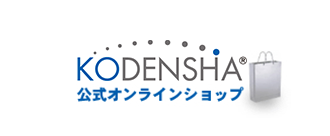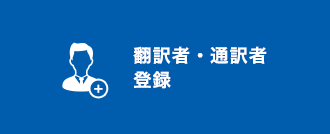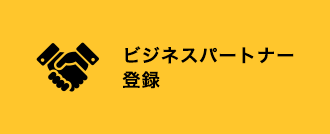A story about a prescription for Chinese herbal medicine at a hospital in Dalian without an appointment (Part 1)

In July, I was to go on a business trip to Beijing after the Sea Day holiday, so I contacted a university professor in Dalian whom I had met at a conference held in Macau in April. He replied, "When are you coming to Dalian? and I arrived in Dalian early during the consecutive holidays.
I know that many of our readers are tour people when they go on vacation, but I would like to recommend that you "hop on a bus running in the city.
As long as you have your hotel's business card and some local currency, you shouldn't have to worry too much about getting off the bus and getting lost, as you can always take a cab back to your hotel. If you take the subway, you will not be able to enjoy the cityscape. not "Go by bus!
So I took the bus that came to the bus stop anyway. I was in the mindset of "take the bus that comes along," like a great baseball hitter saying, "I'll hit the ball as it comes along.
The buses in Dalian are plentiful, and the fare is an unbelievably low 1 yuan (about 16 yen)! The buses in Dalian have a very large number of buses, and the fares are unbelievably cheap at 1 yuan (about 16 yen)! I followed the bus to the end of the line and noticed that there was a bus stop called "Chung-Ing Hospital. A "Chinese Medicine Hospital" is, in essence, a "Chinese Medicine Hospital," and you see them all the time in Chinese and Korean cities (한의원 in Korea).
At any rate, I got off at that bus stop and headed for the hospital, which looked a bit old-fashioned. The front door is open and apparently there are people there, so let's go in first and see what's going on.
On the wall, there are photos of doctors and their specialties, and next to them, there are bottles of scorpions and other ingredients for Chinese herbs, mixed with plants, on display. There are about 100 kinds.

I went to one of the three counters, and without an insurance card or ID card that could be used in China, I asked the doctor, "I'm from Japan.
I asked the doctor, "I'm from Japan. Can I see the doctor?
in a fake Chinese. Then I asked in fake Chinese, "What kind of symptoms do you have?
What are your symptoms? (this is a mix of imagination and guesswork).
I rubbed his stomach (it is true that he has a weak stomach).
I rubbed my stomach (it is true that I have a weak stomach). Of course, there was also a section for writing a phone number, so I wrote my Japanese cell phone number followed by the country code. The form was entered into the computer and I was asked to pay 13 yuan (about 210 yen). After paying, the doctor stamped my payment on a form with my name on it and asked me to go upstairs.
We headed for the doctor's office, whose name is "Xiao Xin," a combination of three Chinese characters for "money," which makes him look a little rich. The examination began immediately, and I told him with gestures that I had a stomach ache,
How long have you had this?" (again, guessing).
(again guessing),
I answered, "Not recently, but ever since I was a little girl.
But he didn't seem to understand me very well, and after repeating this kind of exchange a few times, the teacher said to me
After repeating this kind of exchange several times, the doctor wrote on a piece of paper, "You must have translator" (you should get a translator).
I was starting to feel that I would not be able to get a proper medical examination, so I asked a Chinese friend of mine in Japan for an interpreter via a smartphone app. Luckily, I was able to connect right away and started talking to the doctor. In addition to gastrointestinal problems
"I don't sleep well at night.
My blood pressure is low.
"I have a dry mouth.
After that, the doctor began to actively ask me questions,
First, after repeatedly examining my pulse
"Let me see your tongue."
"I love water. I love blackmail." (Do you like to drink water?), and so on.
(Do you like to drink water?) After a while, the doctor filled out a form and gave it to me. Soon after, the doctor handwrote his findings on a form and asked me to take it with me to the first floor.
I paid 94 yuan (about 1,500 yen) for the medicine at the first floor. I handed it to a woman in a white coat at the prescription counter and waited for about 15 minutes. The woman reappeared with seven translucent plastic bags containing various plants and a few organisms (?) for a week's supply. The plastic bags were not sealed, so they smelled like herbal medicine.
So, how am I supposed to take this?"
It was difficult to confirm this. The Japanese acquaintance who translated for me during the consultation was out of town and his battery was dying, so it was unlikely that I could ask him to translate for me.
Then, in the lobby of a deserted hospital just before it closed after 4:00 p.m. on a Sunday, I saw a woman running toward me!
The next thing I knew, the woman was
She asked me, "What's wrong?"
I explained the situation and the pharmacist (?) at the counter told me how to roast it. She explained the situation and asked the pharmacist (?) at the counter how to boil the medicine,
First, boil it for 30 to 40 minutes, then lower the heat and boil it for about 10 minutes..."
He was a very kind person who explained in very good Japanese.
When I asked her about it, she told me that although she had never studied in Japan, she was studying Japanese.
I left the hospital with seven bags of Chinese herbal medicine, which I learned to take before breakfast in the morning and after dinner at night.

It seemed that I was the last patient in the waiting room of the Chinese clinic, which was sparsely populated as both the checkout and prescription counters were closed.

Just to be safe, I took a picture with my smart phone of the "instructions for medicine infusion" posted at the counter. The person in the picture is blogger K herself.
Continue to the next issue for the story of the decoction of the Chinese herbal medicine I brought back to Japan.




